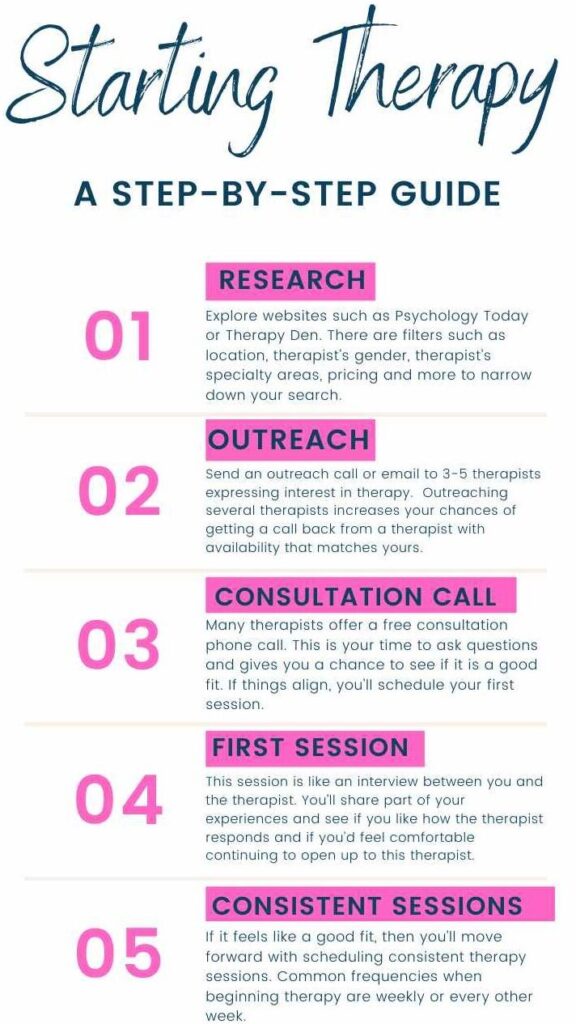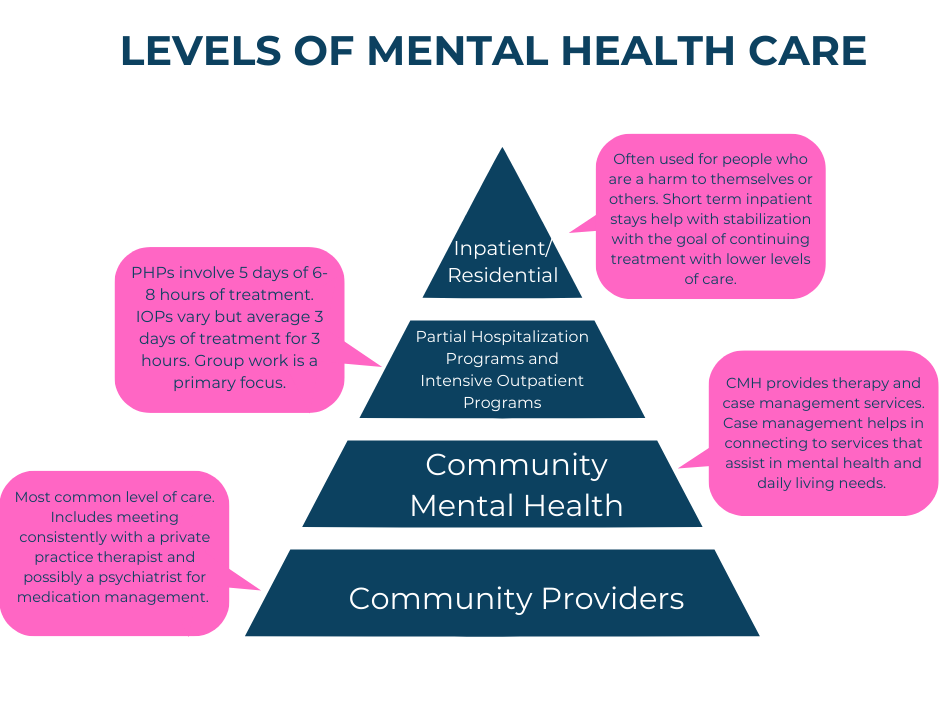Glimmers.
If you’re like me, this may be new to you, perhaps a term you’ve never heard of in the context of mental health. But, you are likely very familiar with its counterpart: Triggers.
Triggers are something that rapidly set off a negative emotion or multiple negative emotions. In their most intense form, they can activate the sympathetic nervous system and drop us down into our fight, flight, freeze response. When people think of PTSD, triggers are a common experience with PTSD. Oftentimes our five senses engage with something that reminds us of a past trauma, and that trigger sets off the onslaught of negative emotions.
Even people who do not necessarily have PTSD are becoming well-versed in naming and discussing triggers with others, thanks to social media and the boom in mental health. This naming is an incredibly important step in healing and something we certainly need to do.
But, what’s also happening is people get stuck here. They name their triggers, identify them and talk about them with others. However, there is not necessarily work being done to mitigate the effects of these triggers.
This is where glimmers come into play.
A glimmer is very similar to a trigger, but instead of negative emotions, it’s a spark of positive emotions. These emotions activate the parasympathetic nervous system, which calms and relaxes us.
Recent emotional research has found that positive and negative emotions metabolize at different rates. Negative emotions only need a second to metabolize within our bodies, while positive emotions take seven seconds.
We feel triggers faster, they are essentially unavoidable, and we can’t dismiss that something has set us off. Also, triggers are discussed more frequently than glimmers. So we are more on the lookout for them. But, in our fast-paced and often distracted culture, there’s a good chance we miss out on the experience of glimmers that are around us because we aren’t aware of them and we aren’t sitting with them long enough.
While it is so important to identify and work with our triggers, it’s equally important to identify and work with our glimmers. Our body’s survival response system was never meant to be under stress as often and consistently as we put our bodies under stress in this modern day. Glimmers help us complete that stress cycle and help our bodies enter a state where they can relax and repair.
Glimmers don’t cause us to avoid the hard. I’d never condone that and there is much hard in the world that needs our awareness and help. But, by taking time to step into the parasympathetic nervous system that glimmers put us into, by stepping into the goodness around us, too, we become much more useful and productive when the hard begs our attention.
Here are some examples of glimmers for me lately:
- Seeing my son smile when we get him new light-up rain boots
- Learning something new that shifts the way I previously viewed things
- Seeing my son play in a bounce house for the first time
- Smelling spring flowers starting to bloom
- Walking through my house after I’ve deep-cleaned it
- Eating a cookie that’s the perfect mix of crunchy on the outside and smooth on the inside
This week, may you give space for both your triggers and your glimmers. And when you encounter a glimmer, may you slow down, embrace it and sit with it for a while.
Warmly,
Kylie Larson, MA, LPC
More resources…
Find Kylie’s reading commendations by clicking here.












